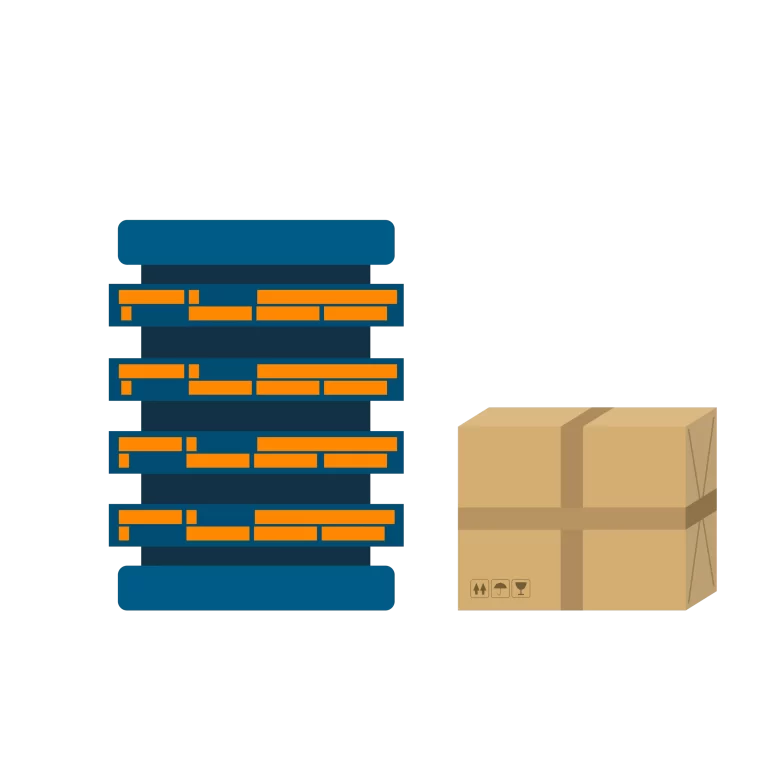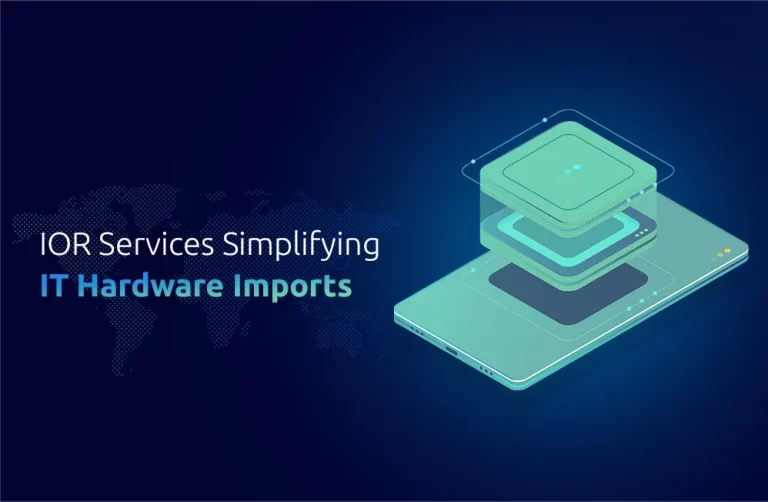Definition Of Delivered Duty Paid (DDP)
DDP is part of international commercial terms developed by the International Chamber of Commerce (ICC). Delivery Duty Paid (DDP) systematizes international shipping transactions whereby the seller has to bear the full responsibility of export and import duties, insurance costs, taxes, and other costs of shipping products until the buyer receives or transfers them at the destination port. DDP means the seller must bear all necessary import fees before the package crosses borders.
What Does Delivery Duty Paid (DDP) service indicate for Importer and Exporter?
DDP (Delivery Duty Paid) is an Incoterm that identifies the importance of both vendor and buyer in global trade. Under this agreement, the seller is supposed to take full responsibility for the logistics process, including delivery, customs clearance, and all duties and taxes, to the buyer’s location. The seller handles all particular transactions, confirming that the goods reach the buyer without any extra costs or customs problems. For the buyer, DDP offers an easy experience, as they don’t have to deal with the difficulties of customs procedures, taxes, or unexpected costs upon arrival. This makes DDP shipping unusually appealing to importers looking for simplicity in their transactions. Moreover, under certain situations, such as in the case of the Generalized System of Preferences (GSP), buyers may benefit from reduced duties or taxes when importing goods. The use of Incoterms like DDP confirms that both parties are clear on their responsibility and helps to make possible smoother global trade
How DDP Services Work In Luxembourg
In Luxembourg, DDP services are made possible by a combination of digital infrastructure, efficient customs procedures, and logistics support. When a seller ships goods under DDP terms, they must manage everything related to the shipment such as transport, customs clearance, taxes, and duties. The buyer simply receives the goods without additional responsibilities. Luxembourg’s simplified customs procedures and use of advanced technology make this process more efficient and less time-consuming. Sellers using Luxembourg for DDP shipments need to classify goods correctly using the Harmonized System (HS Code) or HTS (Harmonized Tariff Schedule) codes to confirm smooth customs clearance. These codes help determine the appropriate tariff rates for goods entering the country.
Seller’s Responsibilities DDP service In Luxembourg
Sellers engaging in DDP (Delivery Duty Paid) transactions to Luxembourg take important responsibility, as they must ensure that the goods are transported, Delivered, and customs-cleared without any problem. This requires a reliable understanding of local laws, including EU regulations, and the correct use of HS Codes for tariff classification. Also, sellers must account for all taxes, fees, and duties, confirming approval with applicable rules, including any potential reductions under the Generalized System of Preferences (GSP). In these transactions, the proper application of Incoterms is also crucial to define the control of the buyer and seller clearly. Sellers must partner with reliable freight forwarders or customs agents familiar with Luxembourg’s customs environment to facilitate the smooth transit of goods. Proper documentation, constancy to GSP benefits, and clear communication are critical, as any error in these areas could lead to delays or additional costs.
DID YOU KNOW?
“Luxembourg’s gross domestic product (GDP) per capita is expected to grow by a total of US$19,882.4 (+14.69%) between 2024 and 2029. After the seventh consecutive year of growth, gross national income per capita is expected to reach US$155,203.77, a record high in 2029.”








